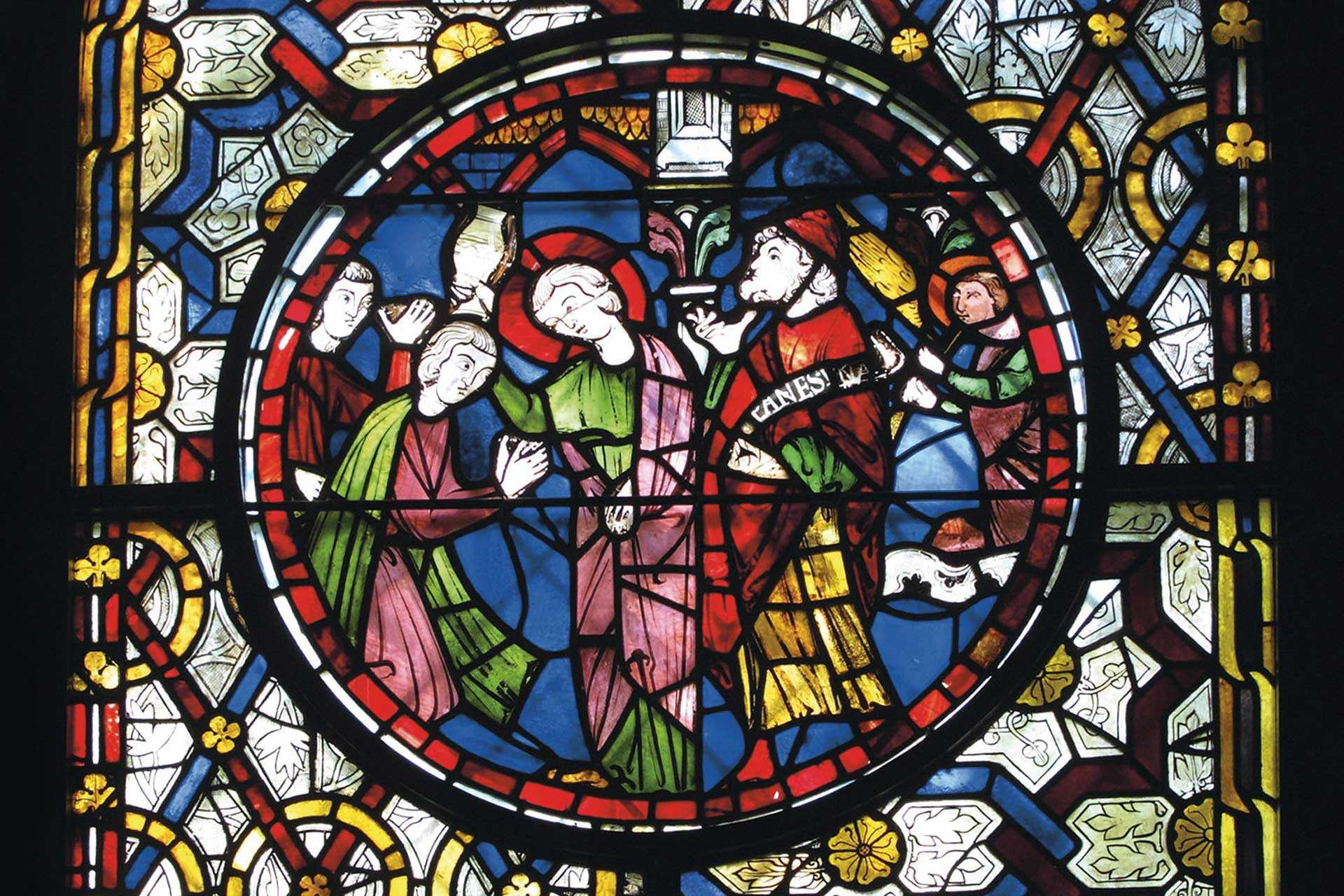Medieval and Early Modern Studies
We are interested in hearing from students with research proposals covering all aspects of medieval and early modern history, life and culture.
Key information
PhD: September, January, April

We are interested in hearing from students with research proposals covering all aspects of medieval and early modern history, life and culture.

Academic staff interests include: early modern material culture; late medieval art history; medieval and early modern religious history; Anglo-Saxon archaeology and liturgy; early modern politics; medieval and early modern drama; and textual editing.
At present, research topics include: the Reformation; visual and manuscript culture; community; the plays of John Lyly; medieval ecclesiastical architecture; female sexuality and transexuality; priory management; deviant and vernacular language; and kingship. You will be part of a vibrant and varied community of researchers from different disciplines.
We are an interdisciplinary centre for the study of Medieval and Early Modern periods. Our teaching staff are drawn from English, History, Architecture, Classical & Archaeological Studies, History & Philosophy of Art, and the Canterbury Archaeological Trust.
MEMS offers a successful, interdisciplinary MA programme, which attracts students from across the world. A thriving community of enterprising, supportive graduate students study for research degrees and benefit from the Centre’s international reputation. We have close relationships with Canterbury Cathedral and the Archaeological Trust, which allow our students access to a wide range of unique historical, literary and material evidence.
2.2 or above
A first or second class honours degree in a relevant subject (or equivalent).
A first or upper-second class honours degree in a relevant subject (or equivalent) and, normally, a taught MA qualification.
All applicants are considered on an individual basis and additional qualifications, professional qualifications and relevant experience may also be taken into account when considering applications.
The 2026/27 annual tuition fees for this course are:
For details of when and how to pay fees and charges, please see our Student Finance Guide.
Tuition fees may be increased in the second and subsequent years of your course. Detailed information on possible future increases in tuition fees is contained in the Tuition Fees Increase Policy.
The 2026/27 annual tuition fees for UK postgraduate research courses have not yet been set by the Research Councils UK. This is ordinarily announced in March. As a guide only, the full-time tuition fee for new and returning UK postgraduate research courses for 2025/26 is £5,006.
The University will assess your fee status as part of the application process. If you are uncertain about your fee status you may wish to seek advice from UKCISA before applying.
Postgraduate research is a fantastic opportunity and significant investment in your future, enabling you to expand your knowledge, skills and career options – all while making a meaningful impact and contribution to an area you are passionate about.
At Kent, we also recognise the significant financial investment that comes with postgraduate study, and we offer a range of scholarships for our postgraduate researchers, to help keep your mind on your studies, and off your finances.
Scholarships can be broad, or specific to your situation, background or even country – so please do use our scholarships finder to discover the options available to you.
We also have research partnership funding with research councils and government schemes in specific areas of interest that can help you take your research to the next level with additional financial support.
Find out more on our fees and funding page and discover what option is right for you.
You'll need regular access to a desktop computer/laptop with an internet connection to use the University of Kent’s online resources and systems. We've listed some guidelines for the technology and software you'll need for your studies.
Find out more about student accommodation and living costs, as well as general additional costs that you may pay when studying at Kent.
Search our scholarships finder for possible funding opportunities. You may find it helpful to look at both:
Kent is a leading research university, meaning that you will be informed about new discussions and developments by the people making them. This means your work will have real potential to make a difference.
Kent’s world-class academics provide research students with excellent supervision. The academic staff in this school and their research interests are shown below. You are strongly encouraged to contact the school to discuss your proposed research and potential supervision prior to making an application. Please note, it is possible for students to be supervised by a member of academic staff from any of Kent’s schools, providing their expertise matches your research interests. Use our ‘find a supervisor’ search to search by staff member or keyword.
Full details of staff research interests can be found on the School's website.
The transferable skills gained from this postgraduate programme are enhanced by the University of Kent’s employability initiative and careers advice service. Many of our recent graduates have gone on to careers in heritage, museum or archivist work. Some go on to pursue research in the area, many continuing with PhDs at Kent or other higher education institutions.
Postgraduates earn
A degree can boost average lifetime earnings by over
Learn more about the application process or begin your application by clicking on a link below.
You will be able to choose your preferred year of entry once you have started your application. You can also save and return to your application at any time.